Apple is accusing one of its former engineers of stealing confidential design and development information related to the Apple Vision Pro headset and taking it to Snap, according to a lawsuit filed in California.
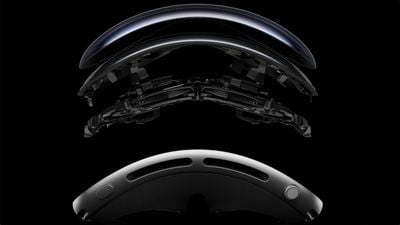
Apple filed the complaint against Di Liu on June 24, 2025, in Santa Clara County Superior Court, alleging that Liu misappropriated trade secrets during his final days of employment at the company (via SiliconValley.com). Liu had worked at Apple for seven years and was most recently a senior product design engineer. He is accused of downloading thousands of internal files to his personal cloud storage account shortly before his resignation.
According to the lawsuit, Liu informed Apple that he was leaving his position to focus on his health and spend more time with his family. However, Apple alleges that Liu had already accepted a job offer from Snap Inc., the parent company of Snapchat and maker of the "Spectacles" smart glasses. The complaint states that Liu failed to disclose his future employment at Snap, which is ostensibly competing with Apple in the wearable augmented reality space, and thereby avoided triggering Apple's standard protocol of revoking access to internal systems immediately upon notice of employment with a competitor.
During that time, Apple alleges that Liu accessed and copied a "massive volume" of internal documents from his company-issued MacBook, including files related to product design, testing, supply chain strategy, and unreleased features of the Vision Pro. Apple discovered Liu's alleged actions through forensic analysis of his company-issued laptop. Log data from Liu's device apparently shows he manually selected specific folders, renamed them, and uploaded them to his personal cloud account. Apple further claims that Liu deleted files from the same machine in an apparent attempt to conceal the scope of the transfer.
While Snap is not named as a defendant in the suit and is not accused of any misconduct, Apple argues that there is significant overlap between the materials Liu allegedly retained and the nature of his new role. Snap issued a statement in response to press inquiries, denying any connection between the lawsuit and Liu's current responsibilities.
Apple is seeking a court order requiring Liu to return the allegedly stolen materials and allow inspection of his devices and accounts to verify that no Apple confidential information remains. The company is also pursuing unspecified financial damages for breach of contract and misappropriation of trade secrets.



 The Google Keep app for Apple Watch as it was upon release in 2019.
The Google Keep app for Apple Watch as it was upon release in 2019.

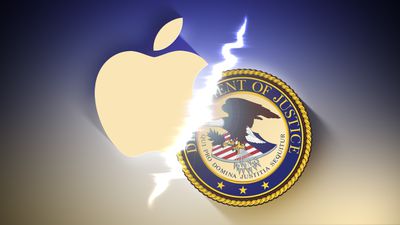


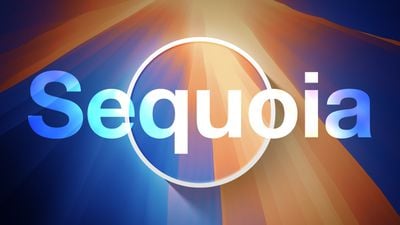
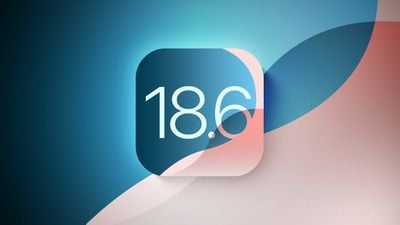
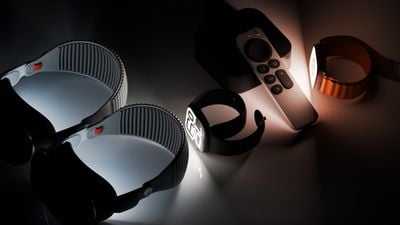
 Note: MacRumors is an affiliate partner with some of these vendors. When you click a link and make a purchase, we may receive a small payment, which helps us keep the site running.
Note: MacRumors is an affiliate partner with some of these vendors. When you click a link and make a purchase, we may receive a small payment, which helps us keep the site running.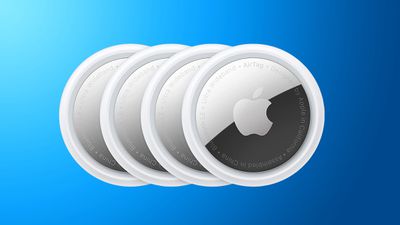
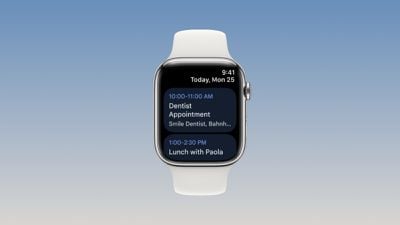
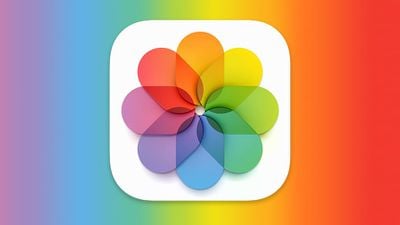

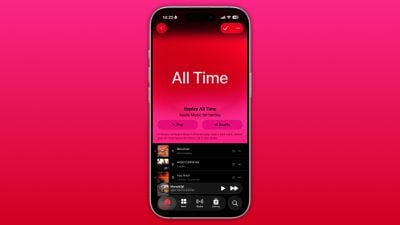

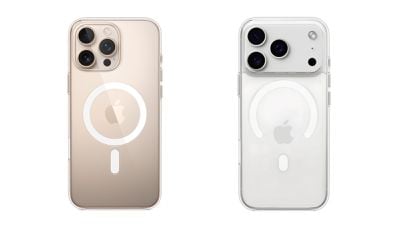 Apple's
Apple's 









